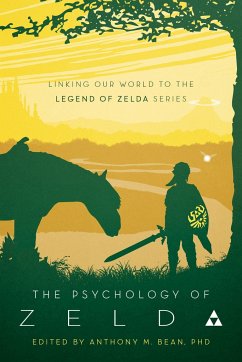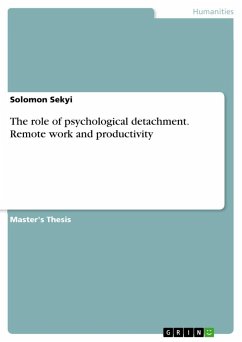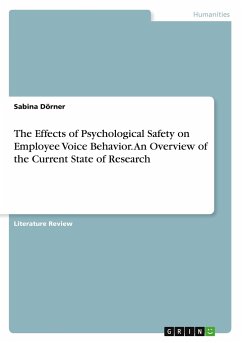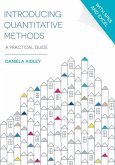It's dangerous to go alone! Take this (book).
For more than 30 years, The Legend of Zelda which immerses players in a courageous struggle against the shadowy forces of evil in a world of high fantasy has spanned more than 30 different installments, selling over 75 million copies. Today, it is one of the most beloved video game franchises around the globe.
Video game sales as a whole have continued to grow, now raking in twice as much money per year as the entire film industry, and countless psychologists have turned their attention to the effects gaming has on us: our confidence, our identity, and our personal growth. The Psychology of Zelda applies the latest psychological findings, plus insights from classic psychology theory, to Link, Zelda, Hyrule, and the players who choose to wield the Master Sword.
In The Psychology of Zelda, psychologists who love the games ask:
How do Link's battles in Ocarina of Time against Dark Link, his monstrous doppelganger, mirror the difficulty of confronting our personal demons and the tendency to be our own worst enemies?
What lessons about pursuing life's greater meaning can we take away from Link's quests through Hyrule and beyond the stereotypical video game scenario of rescuing a Princess (Zelda)?
What do we experience as players when we hear that familiar royal lullaby on the ocarina, Saria's spirited melody in the Lost Woods, or the iconic main theme on the title screen?
How do the obstacles throughout Majora's Mask represent the Five Stages of Grief?
What can Link's journey to overcome the loss of the fairy Navi teach us about understanding our own grief and depression?
Why are we psychologically drawn to the game each and every time a new version becomes available even when they all have a similar storyline?
Think you've completed the quest? The Psychology of Zelda gives you new, thrilling dungeons to explore and even more puzzles to solve.
Hinweis: Dieser Artikel kann nur an eine deutsche Lieferadresse ausgeliefert werden.
For more than 30 years, The Legend of Zelda which immerses players in a courageous struggle against the shadowy forces of evil in a world of high fantasy has spanned more than 30 different installments, selling over 75 million copies. Today, it is one of the most beloved video game franchises around the globe.
Video game sales as a whole have continued to grow, now raking in twice as much money per year as the entire film industry, and countless psychologists have turned their attention to the effects gaming has on us: our confidence, our identity, and our personal growth. The Psychology of Zelda applies the latest psychological findings, plus insights from classic psychology theory, to Link, Zelda, Hyrule, and the players who choose to wield the Master Sword.
In The Psychology of Zelda, psychologists who love the games ask:
How do Link's battles in Ocarina of Time against Dark Link, his monstrous doppelganger, mirror the difficulty of confronting our personal demons and the tendency to be our own worst enemies?
What lessons about pursuing life's greater meaning can we take away from Link's quests through Hyrule and beyond the stereotypical video game scenario of rescuing a Princess (Zelda)?
What do we experience as players when we hear that familiar royal lullaby on the ocarina, Saria's spirited melody in the Lost Woods, or the iconic main theme on the title screen?
How do the obstacles throughout Majora's Mask represent the Five Stages of Grief?
What can Link's journey to overcome the loss of the fairy Navi teach us about understanding our own grief and depression?
Why are we psychologically drawn to the game each and every time a new version becomes available even when they all have a similar storyline?
Think you've completed the quest? The Psychology of Zelda gives you new, thrilling dungeons to explore and even more puzzles to solve.
Hinweis: Dieser Artikel kann nur an eine deutsche Lieferadresse ausgeliefert werden.








